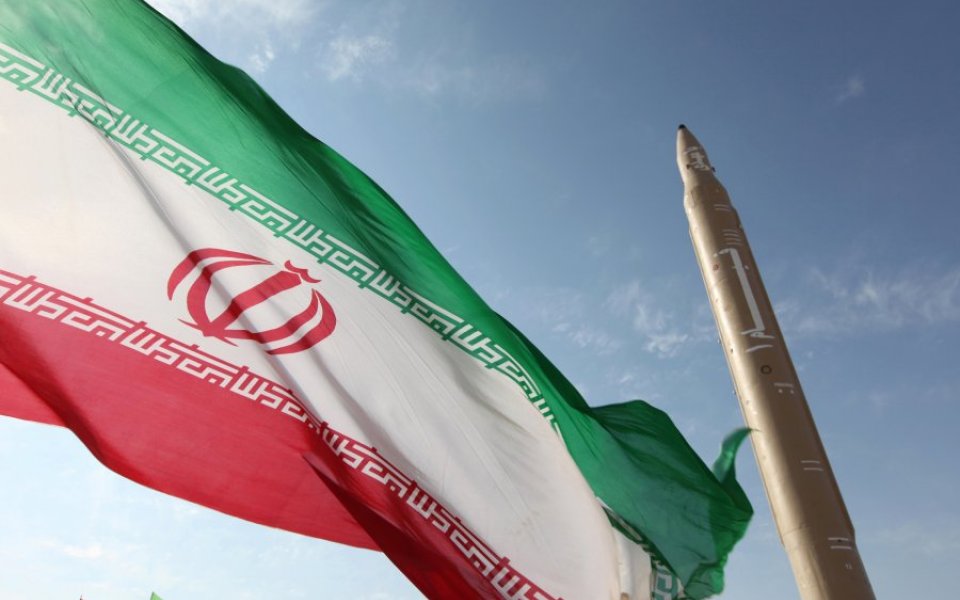Iran sanction changes: There are difficulties ahead, but Europe should stay optimistic

Today, the international business community hit an inevitable speed-bump on the way towards sanctions relief for Iran. Following the test-firing missile by the Iranian government in October, a UN Security Council experts panel declared Resolution 1929 was violated because the missile was capable of carrying a nuclear warhead.
While this has led many, including the US Congress, to call for new sanctions to be imposed on Iran, the launch has not been classified as a violation of the nuclear agreement, just of the security council resolution. Still, this incident creates difficulty for the nuclear deal reached by Iran and six other world powers in July, a deal which would open Iran up to investment once more. It put those nations promoting the deal in the awkward position of deciding whether to punish Iran for the test or hold fire in the interest of more long-term engagement.
For the moment, this test will not affect those looking to invest, but serves as a warning of how plans may become derailed.
But who will win when the gates do finally open? US and European investors and businesses are already planning for the so-called “implementation day,” when the International Atomic Energy Agency certifies that Iran has lived up to its commitments related to its nuclear program and sanctions relief goes into effect.
Read more: Iran nuclear deal: From oil prices to GDP, how have sanctions affected the country?
This is big news for EU companies. As part of the sanctions relief envisioned under the Iran nuclear agreement, the EU will lift most sanctions on Iran. Restrictions will remain on certain types of deals, such as arms exports, and for dealing with a few listed individuals who face sanctions for reasons unrelated to Iran’s nuclear program. However, the majority of EU companies will be able to engage in most types of business transactions in Iran or with Iranian companies.
Conversely, the United States is not lifting the restrictions on US citizens and US companies dealing with Iran, except in limited circumstances, such as for non-US subsidiaries of US companies. However, the US has generally committed to no longer penalise non-US persons or companies who fall outside US jurisdiction for doing business with Iran (so-called secondary sanctions), except for specific types of transactions or deals with a specific set of listed Iranian entities. This commitment by the US opens new business opportunities for European companies not subject to US jurisdiction, especially in sectors such as financial and banking, energy and technology.
EU companies have been descending on Iran on their own, but they do still need to proceed with caution to avoid running afoul of US regulations. For example, high end equipment (from planes to consumer electronics) that is intended for Iran, but that incorporates more than 10 per cent US parts and technology, will be subject to US control.
Aspects of US law will also likely discourage other major EU players from rushing into Iran. In particular, many of the largest EU financial institutions have been the subject of major penalties for U S sanctions law violations in the past, and some are still subject to US Government monitoring. These institutions remain highly risk adverse and, given the importance of US dollars to their business, are unlikely to finance deals with Iran in the near term. Instead, companies from countries with historical ties to Iran that do not face the same sanctions issues, especially those from China and India, are likely to be the first movers, ahead of the EU, in a new era of trade with Iran.
Smaller European companies which more are willing to accept risk may be better able to capture opportunities than their larger competitors. Those that are nimble and able to build businesses in a way that minimises risk will likely be able to sell those businesses at a later stage to larger companies entering the Iranian market in the second wave.
Despite the opportunities, the fact remains that these challenges may mean that the true winners from sanctions relief are not European companies succeeding over the Americans. There are opportunities, certainly, but also plenty of room for pitfalls. Against this and the stiff competition from other countries, it is still too early to declare victory for Europe when the gates to Iran open.